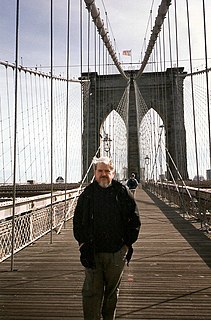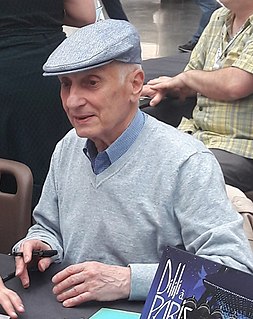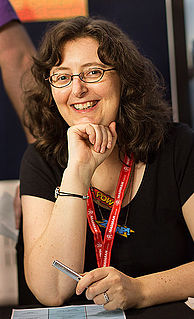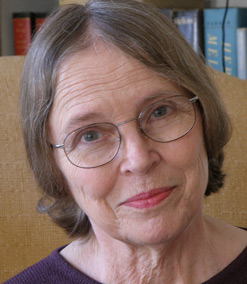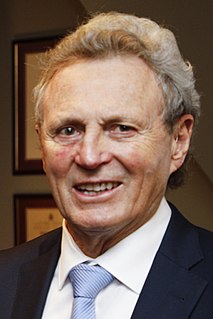A Quote by William Irwin Thompson
Fairy tales and myths are forms of cultural storage for the natural history of life.
Related Quotes
Myths, as compared with folk tales, are usually in a special category of seriousness: they are believed to have "really happened,"or to have some exceptional significance in explaining certain features of life, such as ritual. Again, whereas folk tales simply interchange motifs and develop variants, myths show an odd tendency to stick together and build up bigger structures. We have creation myths, fall and flood myths, metamorphose and dying-god myths.
I have been writing fairy tales for as long as I can remember. Not much has changed in terms of my natural attraction to the narrative techniques of fairy tales. My appreciation of them in the traditional stories has deepened, especially of flat and unadorned language, intuitive logic, abstraction, and everyday magic.
[Fairy tales] are like a journey to the woods and the many ways you can get lost. Some people say it's not a good idea to read fairy tales to anyone under the age of eight because they are brutal and raw. When I was a kid I often felt that kids's books were speaking down to me, but I never felt that way about fairy tales. They are bloody and scary, but so is life.
